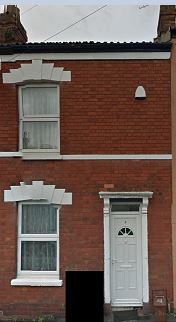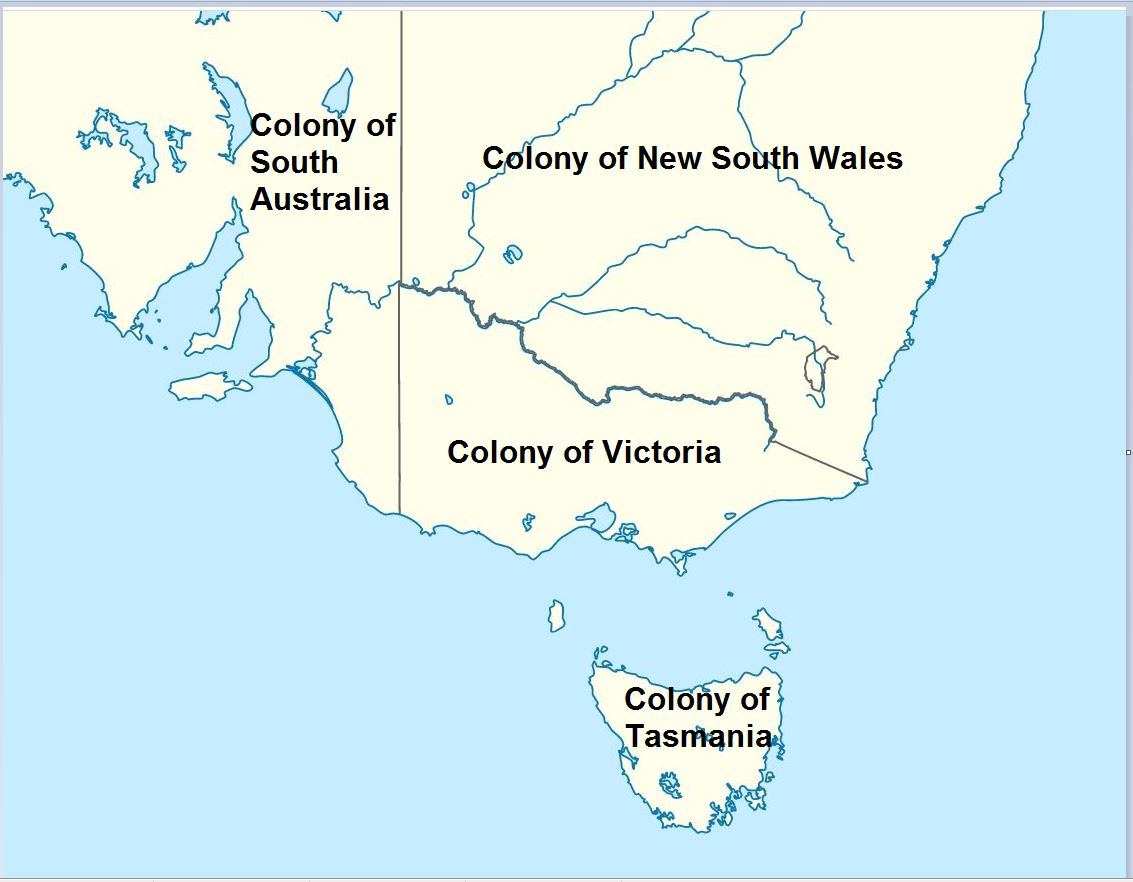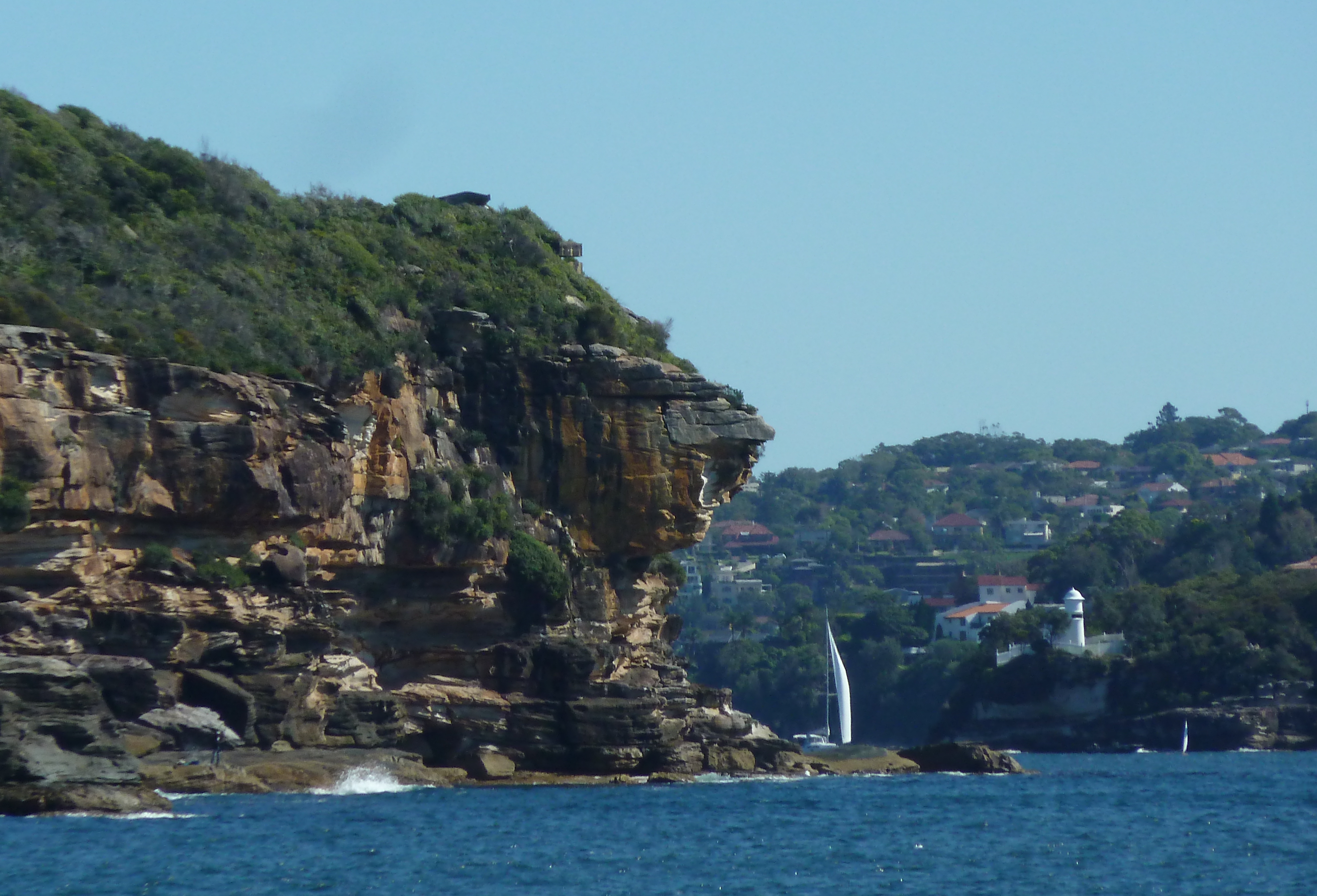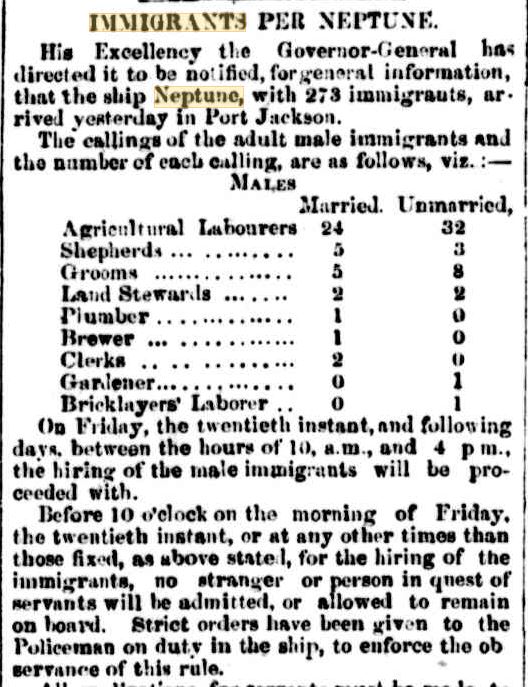
On the 6th June 1851, Francis Burleton and his wife Fanny Eliza lived in a small house in Bristol. It was a terrace house in a long row. Not the worst place to live, but a huge change from the rural highlands of Somerset and Wales where each had grown up.
On this date the family consisted of 6 people. There was 36 year old Francis, his 24 year old wife Fanny Eliza and 3 year old Mary Ann at the core. Francis was a corn dealer following in his father’s footsteps. With his uncle Robert’s good training behind him, he had every chance of succeeding where his father had failed.
Seven years ago Francis lost his father in a tragic shipwreck which robbed the family of a chance to redeem themselves in the eyes of society. William’s story concludes here.
Six years ago, Fanny Eliza’s father passed away in Bristol. He may have died in the very house they were in for the 1851 census. His story concludes here.
One year ago, Francis and Fanny Eliza buried their son Albert. I’ve written about the event here.
It had been a decade of loss for them both, but as the family grew smaller they grew closer.
On 6th June 1851, they lived at 3 York Street, Bristol. The house is still there.

With Francis, Fanny Eliza and Mary were three others. Francis’ mother Elizabeth nee Dudden aged 67. his brother William aged 32, and his sister Sarah aged 38.
By June of 1851, plans were already afoot. Perhaps Francis’ father wrote back about great opportunities in the colonies. Maybe it was just a way to escape struggle and death. Whatever the reasons, Francis and Fanny Eliza had made their decision.
Their fresh start was a move to the new improved colony of New South Wales.
It was probably a move of desperation for the Burletons. The British colony was seventy years old. But this was a giant region and the discovery of gold brought swarms upon swarms of hopeful new immigrants to the shores. Whole towns sprang up over night. Existing villages surged to city size. Transport problems, shortage of resources, the absence of law enforcement all culminated in the splitting of one giant colony into two more manageable ones.
On 1st July 1851, Victoria was born. Wealthy from the beginning, it settled down to pass laws, open immigration to those with skills that the colony required, and reap the benefits of their geographic location, the hub between three flourishing colonies with a lot of movement between.
It wasn’t such an easy time for New South Wales. They were in the middle of an economic slump and were losing valuable residents every day to the shiny new lands down south. But in 1852 they were starting to rally. It wasn’t such a bad time to be in Australia.
So it wasn’t only a fresh start for the Burletons. It was a fresh start for the Australian colonies too.

They travelled on the Neptune. Francis described himself as a ‘farm manager’ but the immigration records rephrased, presumably in a way that made him the most useful. He is shown as a ‘brewer or farm labourer’. The shipping record confirms the details we have for him. His age, his birthplace, his parents (William and Elizabeth Dodding, a small confusion there as he presumably provided his mother’s maiden name). That his father is dead and his mother residing in Bristol.
Fanny Eliza is likewise confirmed. A house servant born in West Harptree, parents Thomas Wookey and Hannah. Mary aged 4.
I add this detail in their ‘remarks’ section which may be more decipherable to others than to myself. I can see they have five pounds. But there’s more.

Also on board was Francis’ brother William. The two of them were close for their entire lives. William’s details corroborate all other records nicely.
They said goodbye to their mother and sister and boarded the Neptune at one of its British ports.
The journey was recorded in a couple of places:
The Neptune left Deptford on the 9th of September, the Nore on the 10th, and Plymouth on the 26th September. She experienced very heavy weather in lat. 46-46 North long., 10 degrees West. A heavy sea struck her and carried away fore and main topmasts, all three topgallant masts, fore top-gallant yard, and she had to put back to Falmoutb, where several of the emigrants left her.
She resumed her voyage on the 23rd October. She has on board 42 married couples, 56 single men, 70 single women, 31 boys, and 24 girls under 14 years of age, and 10 infants. Seven births occurred during the passage, and eight deaths. Three of the latter were adults.
Empire (Sydney, NSW : 1850 – 1875), Saturday 7 February 1852, page 2
Poor Francis and Fanny must have felt as if everything they touched turned to disaster. But they stuck it out, and they arrived safely at Port Jackson on 19th February 1852.
They came to a country very different to the one they left behind. They arrived in the height of summer. They found mosquitoes, giant spiders and poisonous snakes and the stories of these were brought on board ship before they even set foot on the land.

I’ll conclude this blog with the announcement of the ship’s arrival, as Francis, Fanny, William and little Mary waited on board to see what the future might hold for them.

